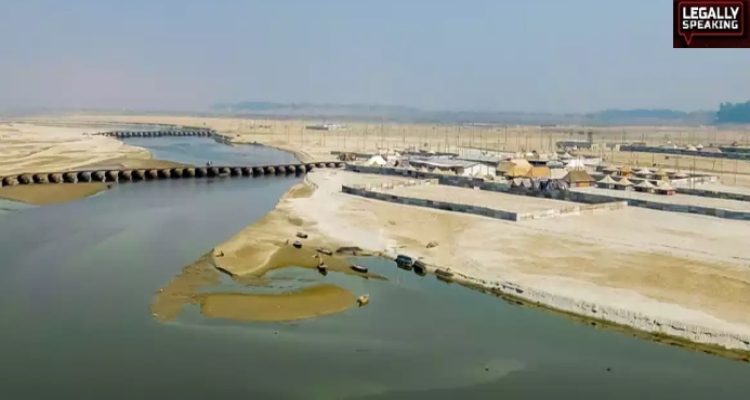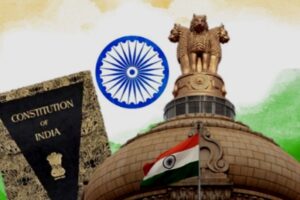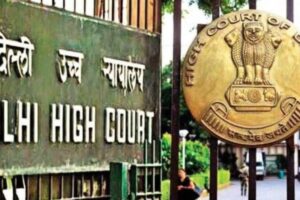
The Delhi High Court on Thursday dismissed a plea with Rs 1 lakh costs by a man asserting ownership over the land between rivers Yamuna and Ganga from Agra to Meerut and other locations, including 65 revenue estates of Delhi, Gurugram, and Uttarakhand.
A bench of Acting Chief Justice Manmohan and Justice Manmeet PS Arora ruled that Kunwar Mahender Dhwaj Prasad Singh, claiming to be the successor of a former ‘Raja,’ cannot pursue his claim in writ proceedings, particularly after 78 years of Independence. The single judge had earlier rejected his petition with costs of Rs 10,000 in December.
The appellant, in appeal, argued that the land between the United Province of Agra running between rivers Yamuna and Ganga from Agra to Meerut, Aligarh, Bulandshahar, 65 revenue states of Delhi, including Gurgaon and Uttarakhand, fell under the “Princely State of Beswan family.” He contended that since there was no accession agreement signed between his forefathers and the Government of India, the Union of India’s control over the area was an encroachment.
“This court is in agreement with the view of the single judge that the claim raised by the appellant cannot be adjudicated in a writ proceeding. The question of title can only be decided in a civil court and not a writ court,” said the bench stated.
The court emphasized that the claim, raised after 78 years of India’s Independence, was barred by delay as well as the “principle of extinguishment.”
“The appeal is dismissed with costs of Rs 1 lakh,” the bench ordered.
The appellant argued that he was the successor of the estate and as per the law, nobody can be deprived of his property without due process, which was not followed in the present case.
“Not after 75 years…isn’t it too late in the day to contest this? You can’t come in 2024,” the court retorted.
While dismissing the writ petition, the single judge had characterized the plea as completely misconceived and nothing but an abuse of the process of law and complete waste of judicial time.
In the petition, the appellant had sought a direction to the Central government to adopt the process of merger, accession, or enter into a treaty with him for his claimed territory and pay the due compensation to him.





